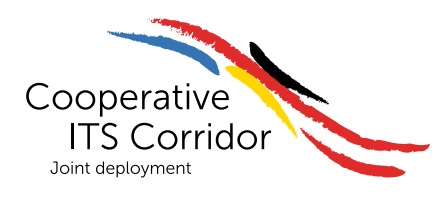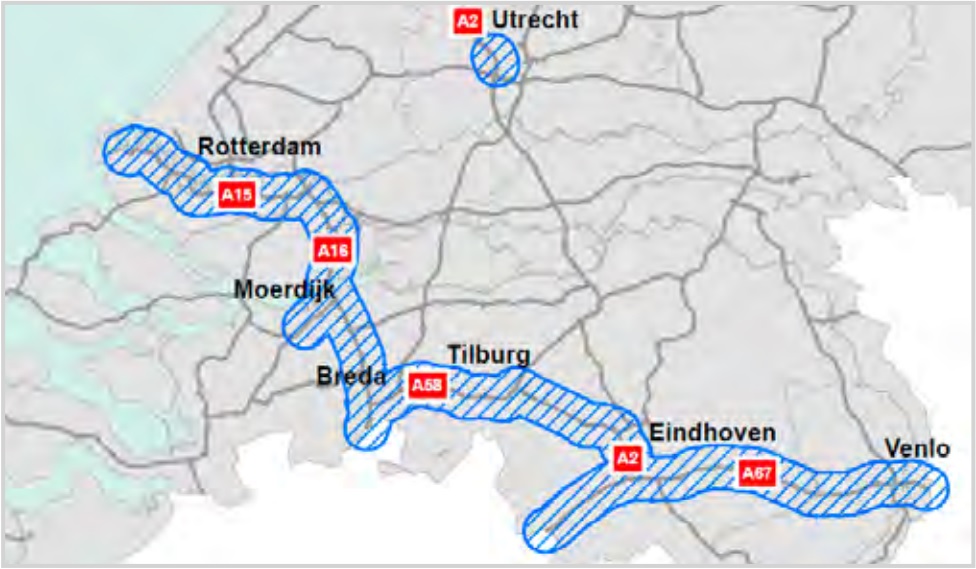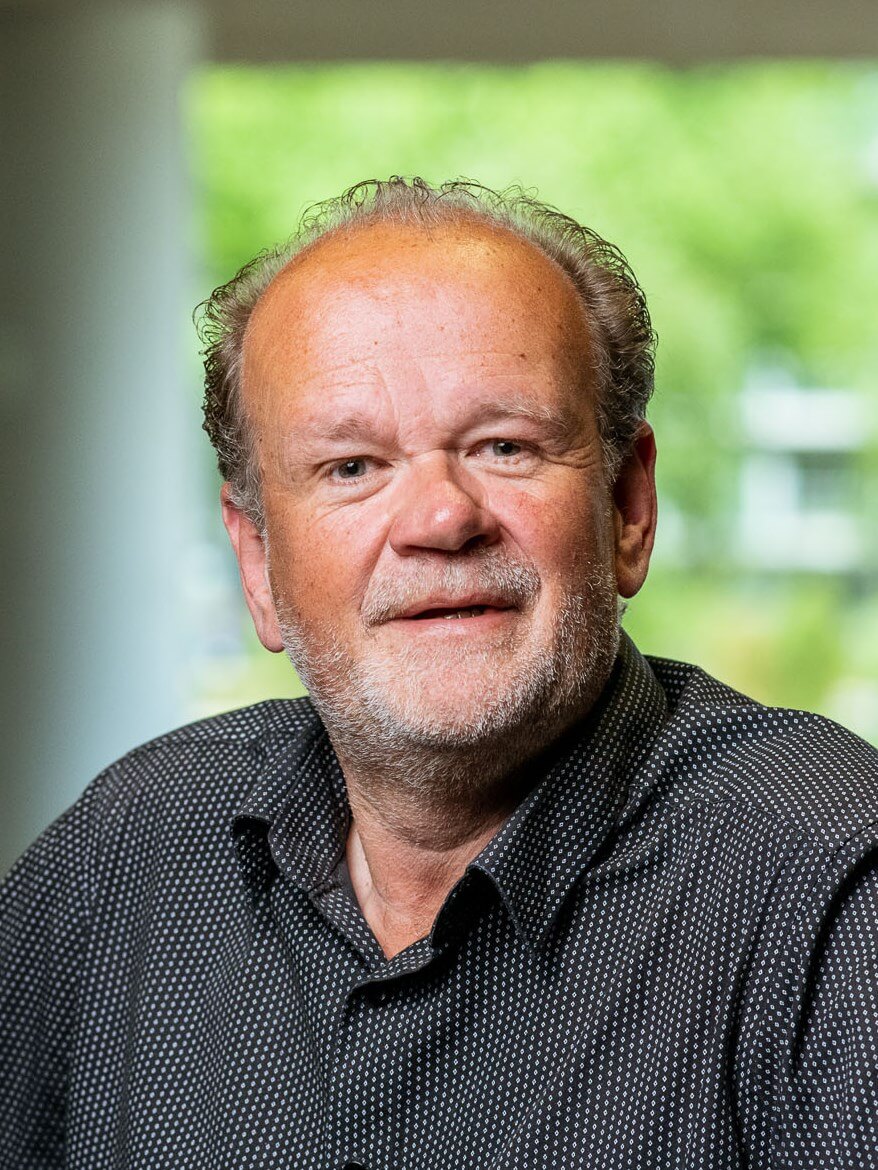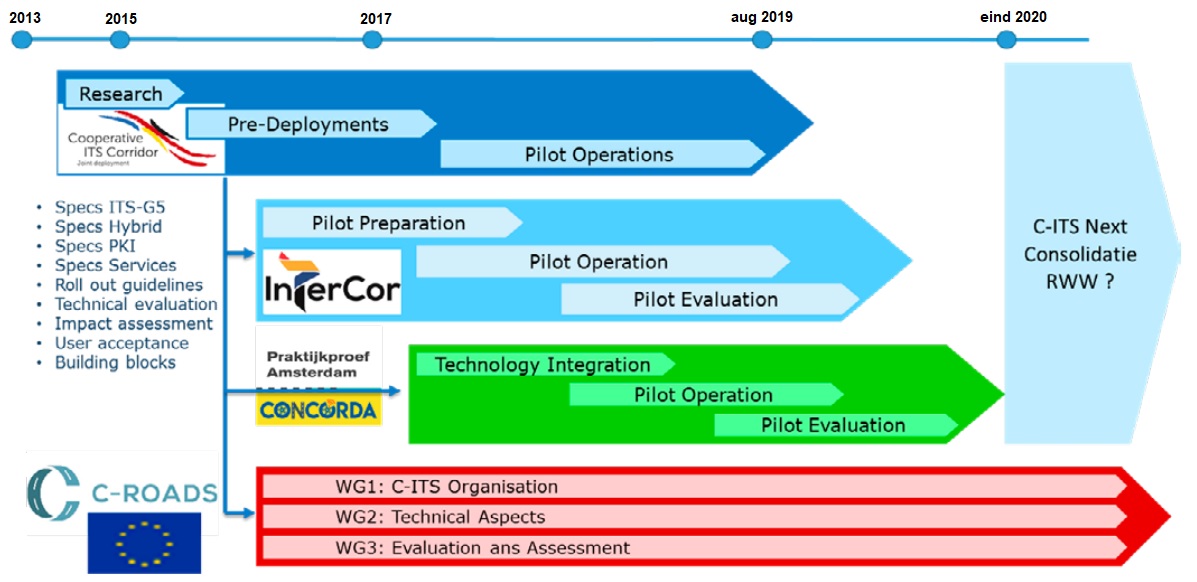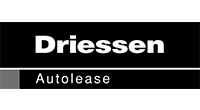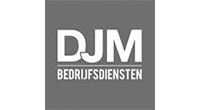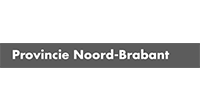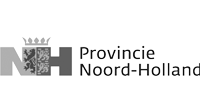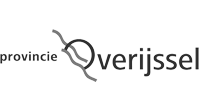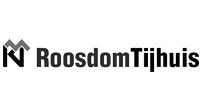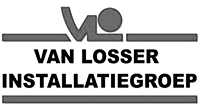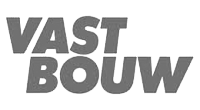Objectives of Smart Forward
The C-ITS Corridor project is a partnership between road authorities in the Netherlands, Germany and Austria. Together with industrial partners, the road authorities are working on the introduction of C-ITS services in Europe. The project has become an important building block for other international initiatives and contributes to the standardisation, harmonisation and implementation of new cross-border services for international road users.
Wim Vossebelt in het boek ‘Smart Forward’:“This is not about technology, an excuse that is often used. It is more about traditional market conditions, market players and governments at loggerheads with each other. That is the most difficult challenge! Finally, I truly believe that international coordination is crucial; it cannot be done at country level.”
Project approach
In the Netherlands, a step-by-step approach has been chosen for the InterCor pilots, building on the work already carried out in the C-ITS Corridor project and other national projects.
The trial activities can be seen as a process that grew from the first trials with ITS-G5 communication in 2016 to a full trial operation with all services using cellular and ITS-G5 communication in 2018/2019. In this step-by-step approach, additional services were gradually added over time.
This approach also made it possible to adapt to changes in the (international) specifications of systems during the early years of the InterCor project and to work in a ‘learning by doing’ manner.
Contact V-tron:
Results achieved
The C-ITS corridor project has completed the third phase of the project: the pilot operations.
An interesting book has been written about this phase: Smart Forward. You can read this book via the link.
This section discusses the various test moments over the past seven years. It describes the lessons learned (over 400 in total).
In the book, Wim Vossebelt states on behalf of V-tron:“Understanding each other’s field of expertise, working together towards a common goal. This is not just the domain of the OEM or the road authority or the…
No, this project has demonstrated that it transcends traditional pillars. The greatest benefit for V-tron is undoubtedly the knowledge we have gained in the field of integrated collaboration with parties that we do not normally have as customers. This was a real opportunity for us to learn and gain insight into the challenges that lie ahead. “
Challenges
Wim Vossebelt:“For V-tron, the challenges are endless. However, the biggest challenge is to keep the Dutch vehicle fleet, consisting of newer and older vehicles, at a relatively equivalent level. In our vision, drivers will continue to play an important role, but how can we support that role in such a way that we can help prevent mistakes? Even when it comes to older vehicles!
In addition to causing human suffering, traffic accidents result in damages amounting to fourteen billion euros per year. This is an unacceptable situation! The biggest challenge is to develop valuable services that drivers can understand and use. “

